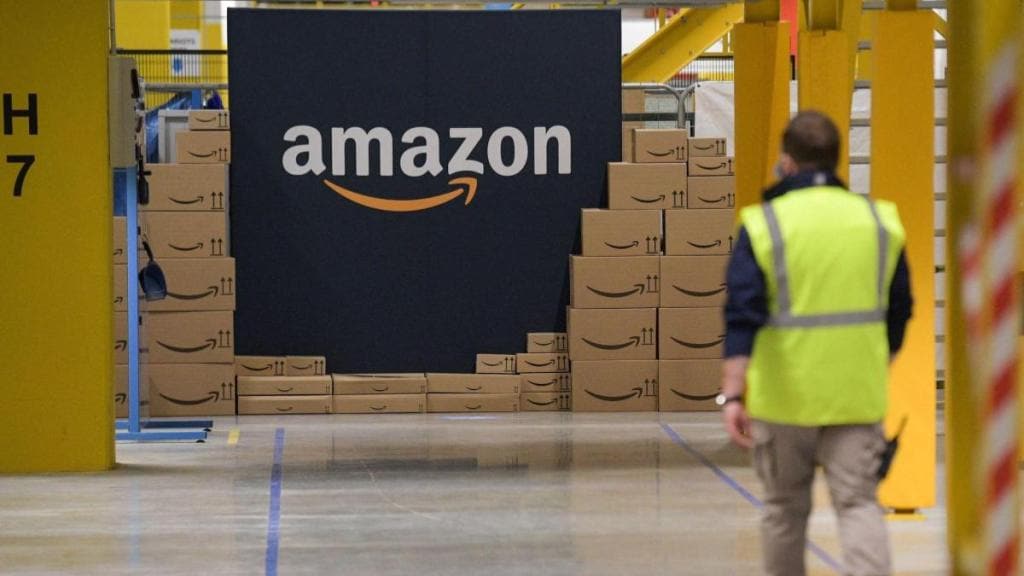While its rival Flipkart has recently forayed into quick commerce through Minutes, Amazon India has ruled out any such venture till it finds return on investments to be attractive.
Sources said that the e-commerce major has been assessing the quick commerce model and finds that it’s mostly restricted to items of daily use like groceries, where there’s no customer loyalty towards the platform. Further, inventory management is a huge challenge because such items have an expiry date. Thirdly, sources said that maintaining quality and ensuring that returns are minimised, is also problematic.
“Owing to such factors, Amazon at this point of time does not see much value in getting into quick-commerce. If at any point of time, the route to profitability gets clearer, the company may look at it, but not immediately,” sources said.
Even Flipkart’s Minutes at this point of time is restricted to few Pin codes in a city, owing to such challenges, sources added.
While Amazon India did not comment, analysts agreed with the company’s approach. “Amazon probably never thought of quick commerce as a use case. It probably sees it to be a small opportunity, only for a few categories and only in the top 25 cities in India,” Adith Podhar, general partner, Gemba Capital, a micro VC firm that invests in fintech, consumer tech and B2B Platforms, told Fe.
Talking to Fe earlier, about how Amazon India is looking at the booming quick commerce segment, Abhinav Agarwal – director, head of Amazon Prime India said, “Our philosophy around speed on delivery is quite simple, something we have learned over a decade, and what we know is customers want a wide range of selection delivered reliably fast, and that’s what we try to do every day”.
Amazon India delivers 100% serviceable pin codes, with customers across more than 97% of pin codes eligible to receive their deliveries within two days of placing an order.
“Amazon may prefer to observe and learn from the quick commerce players before committing resources to this segment, ensuring that any entry is well-timed and strategically advantageous,” Somdutta Singh, founder and CEO, Assiduus and an e-commerce expert, said.
Analysts also say that Amazon’s existing logistics network is primarily optimised for traditional e-commerce, which may not seamlessly transition to the demands of quick commerce without substantial modifications. “The quick commerce model requires significant investment in logistics and infrastructure to ensure rapid delivery, which may not align with Amazon’s broader business strategy focused on profitability and sustainability,” Singh added.
Navin Honagudi, Elev8 Venture Partners agrees. “Amazon’s decision to sit out is a conscious call. It is doubling down on its core e-commerce business and strategic investments in logistics rather than quick commerce”.
However, some analysts say that Amazon cannot skip quick commerce and a good strategy now would be to acquire another player. “Nobody initially thought this business could scale profitably. Now, quick commerce players have shown that last-mile delivery, no matter which category you are in, can be done profitably. So, I think now that five players are in, Amazon sooner or later, is going to get in by a surprise move, I believe it will be an acquisition,” Deep Bajaj, co-founder, Sirona Hygiene and an angel investor said.
According to some reports, Amazon is in talks with IPO-bound Swiggy and has shown interest in Instamart, for a potential deal.
This may be because even though Amazon is undoubtedly the leader in e-commerce and has established a massive network, to build a quick-commerce business from ground-up and build a last-mile network, requires a different team DNA, infrastructure and supply chain.


